The Davis Cup finals, which could not be held in 2020 due to the pandemic, return with the ‘Piqué Format’ that premiered in the 2019 edition, in which Spain was crowned in the Caja Mágica. A Spain that was going to change the safety of Rafa Nadal, injured, by the illusion of Carlos Alcaraz, who at 18 was one of the great attractions until he tested positive for coronavirus 24 hours before debuting. Yes there will be four top-ten players: Novak Djokovic, Daniil Medvedev, Andrey Rublev and Jannik Sinner. Number three, Alexander Zverev, resigned to contest it, as he did in the previous edition. The Greece of Stefanos Tsitsipas (injured in the Masters) is not classified. Neither the Norway of Casper Ruud or Poland with Hubert Hurkacz. Added to this are the casualties of the aforementioned Nadal and Matteo Berrettini, who fell at the Turin Masters reducing the potential of one of the teams called to be protagonists, with Sinner (20 years), the emerging Musetti (19) and the unpredictable Fabio Fognini.
The Kosmos group, organizer of the competition, and the International Federation learned from the first experience, in which several qualifying rounds lasted until dawn, and they opted for a multi-site format with Madrid (which changes the Caja Mágica for Madrid Arena), Turin (Italy) and Innsbruck (Austria), where the matches will be played behind closed doors due to the new confinement in the country. In 11 days instead of a week.
Davis, always unpredictable, will keep a surprise in the Salad Bowl. But for the moment it starts with the certainty that Russia is the most powerful team, a priori. Number two Daniil Medvedev, who did not play in 2019, joins a group with Andrey Rublev (5th), Karen Khachanov (29th) and in which the surprising Aslan Karatsev (18th), winner this year in Dubai and Moscow, has appeared. and, above all, semifinalist in Australia. A fearsome squad that has gone to fall in the group of the champion in Madrid. Spain, with a top-20 like Pablo Carreño, the renowned doubles player Marcel Granollers, the stripes of Feliciano López and the late recruits Albert Ramos and Pedro Martínez will have to fight for the first place in a dog-face duel or try to be one of the two best seconds to be in the quarterfinals. Roberto Bautista (19th), who was destined to be number one in Spain, fell due to injury four days before the premiere, and Alcaraz’s nail was on fire.
But above all the aspirants, the shadow of Novak Djokovic and Serbia, who share a group in Innsbruck with Germany and Austria, plans. Number one is determined to give his country a second Salad Bowl. And when something is proposed, everything is possible.
Spain defends title in the Caja Mágica. Two years have passed since he raised the Salad Bowl after defeating Canada 2-0 and the same protagonists (Bautista, Carreño, Feliciano and Granollers) were going to remain except one. The most decisive. A Rafa Nadal who spent 14 hours and 12 minutes on the track, participating in eight of the 11 victories (five singles and three doubles) for Sergi Bruguera’s team. But Bautista and Alcaraz also cause casualties.
THE SPAIN TEAM
| Tennis player | Ranking | Age | ATP titles | Vic.-Derr. | Indiv. | Double | Playoffs |
| Pablo Carreño | 20th | 30 | 6 | 3-5 | 2-4 | 1-1 | 6 |
| Pedro Martinez | 60º | 24 | 0 | 0-0 | 0-0 | 0-0 | 0 |
| Albert Ramos | 45º | 33 | 3 | 5-2 | 5-2 | 0-0 | 4 |
| Feliciano lopez | 103rd | 40 | 7 | 17-22 | 6-9 | 11-13 | 30 |
| Marcel Granollers * | 6th | 35 | 23 | 8-6 | 2-1 | 6-5 | 12 |
| * Ranking and titles in doubles. | |||||||
There will be no ‘Mister Davis Nadal’, who has a record of 29-1 (he only lost in his debut in Brno in 2004, at the age of 17. And in the absence of Bautista, the champion threw himself into the arms of the most exciting player of the last years: Carlos Alcaraz The Murcian, installed in the 32nd position of the WTA with only 18 years, had just been proclaimed champion of the Masters NextGen (U-21), reached the quarterfinals at the US Open and had knocked down this course to three top-ten. But she will not be. The potential of the champion drops many integers. Albert Ramos and Pedro Martínez Portero entered the team at the last minute.

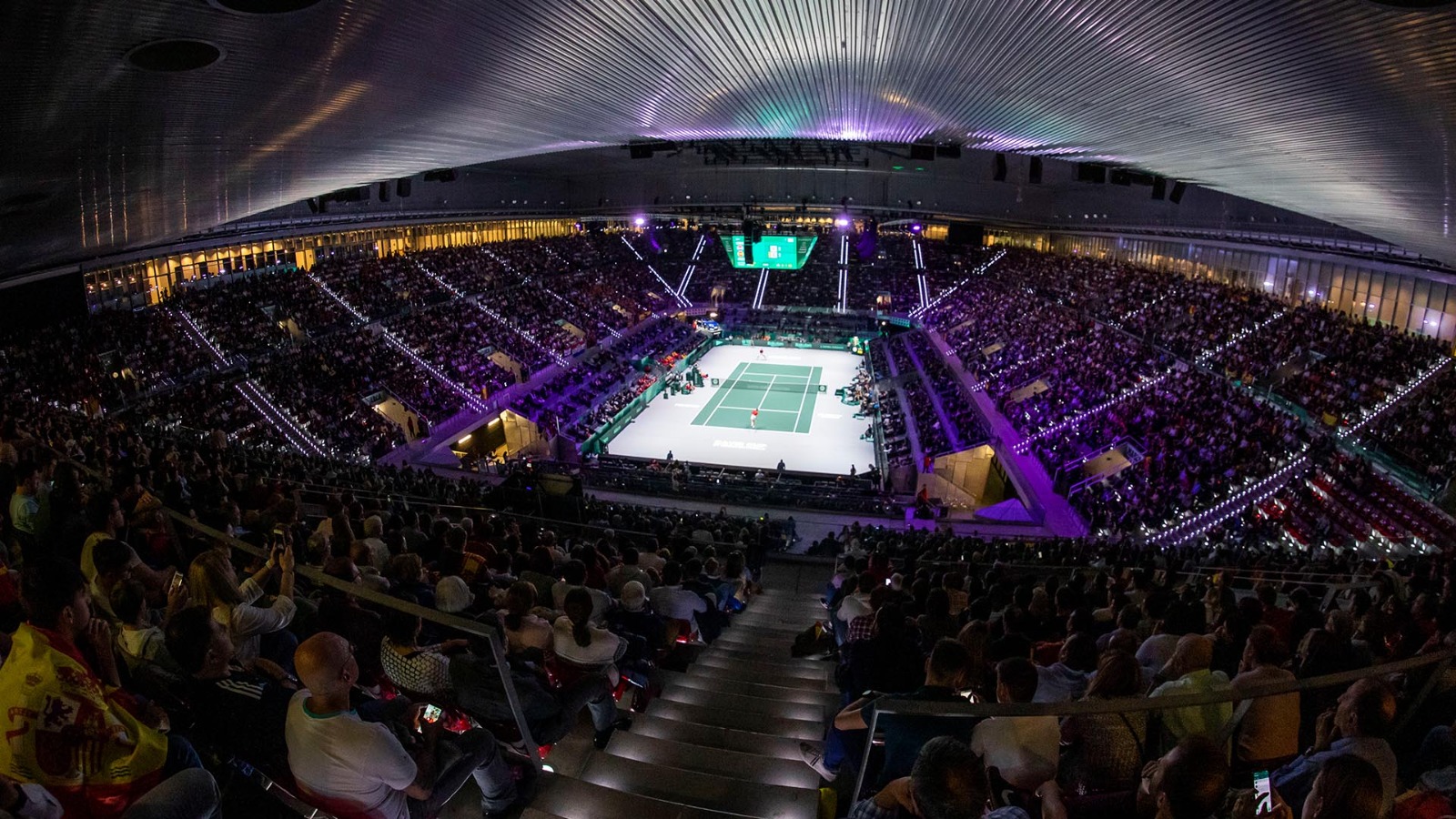
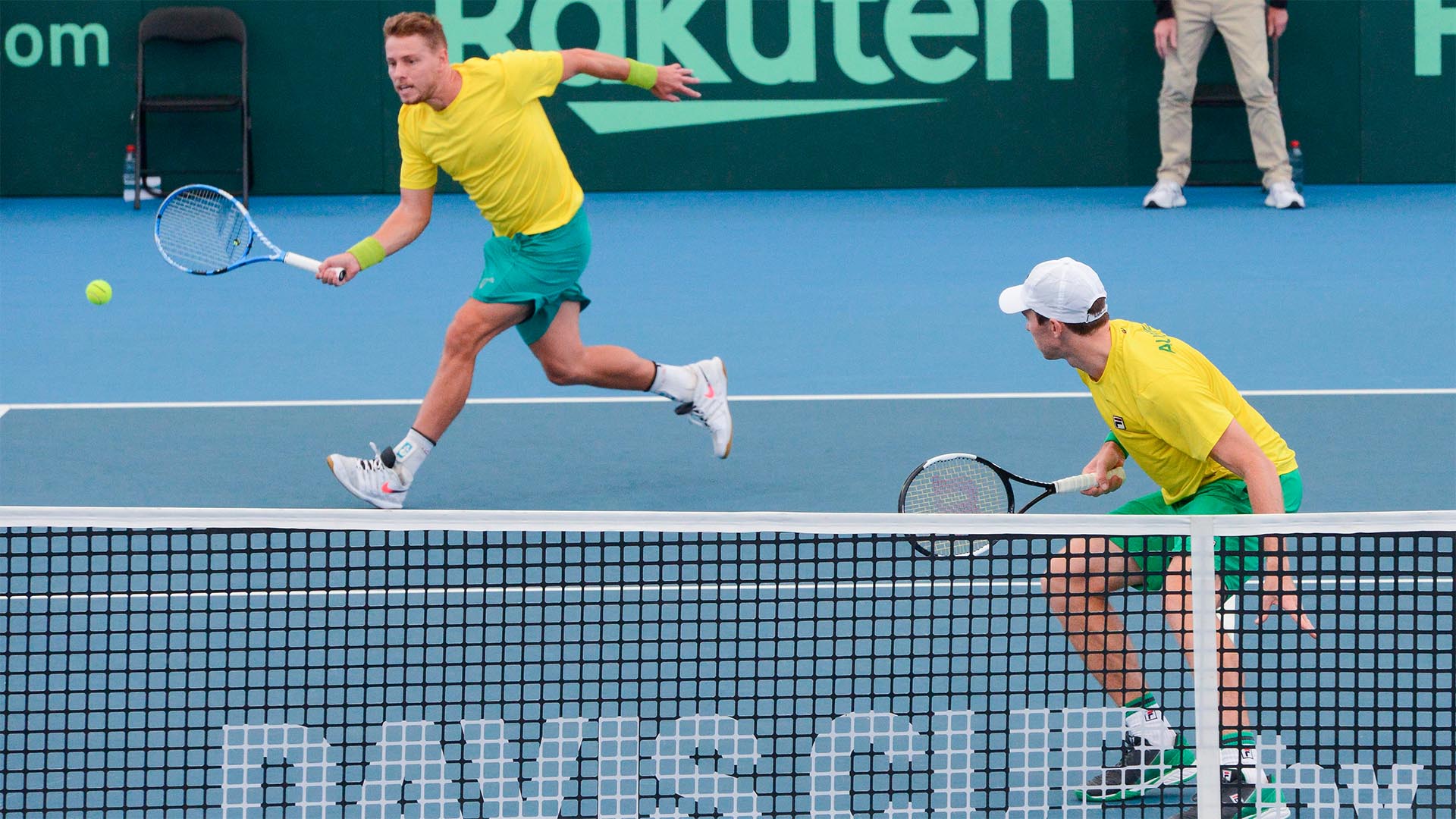
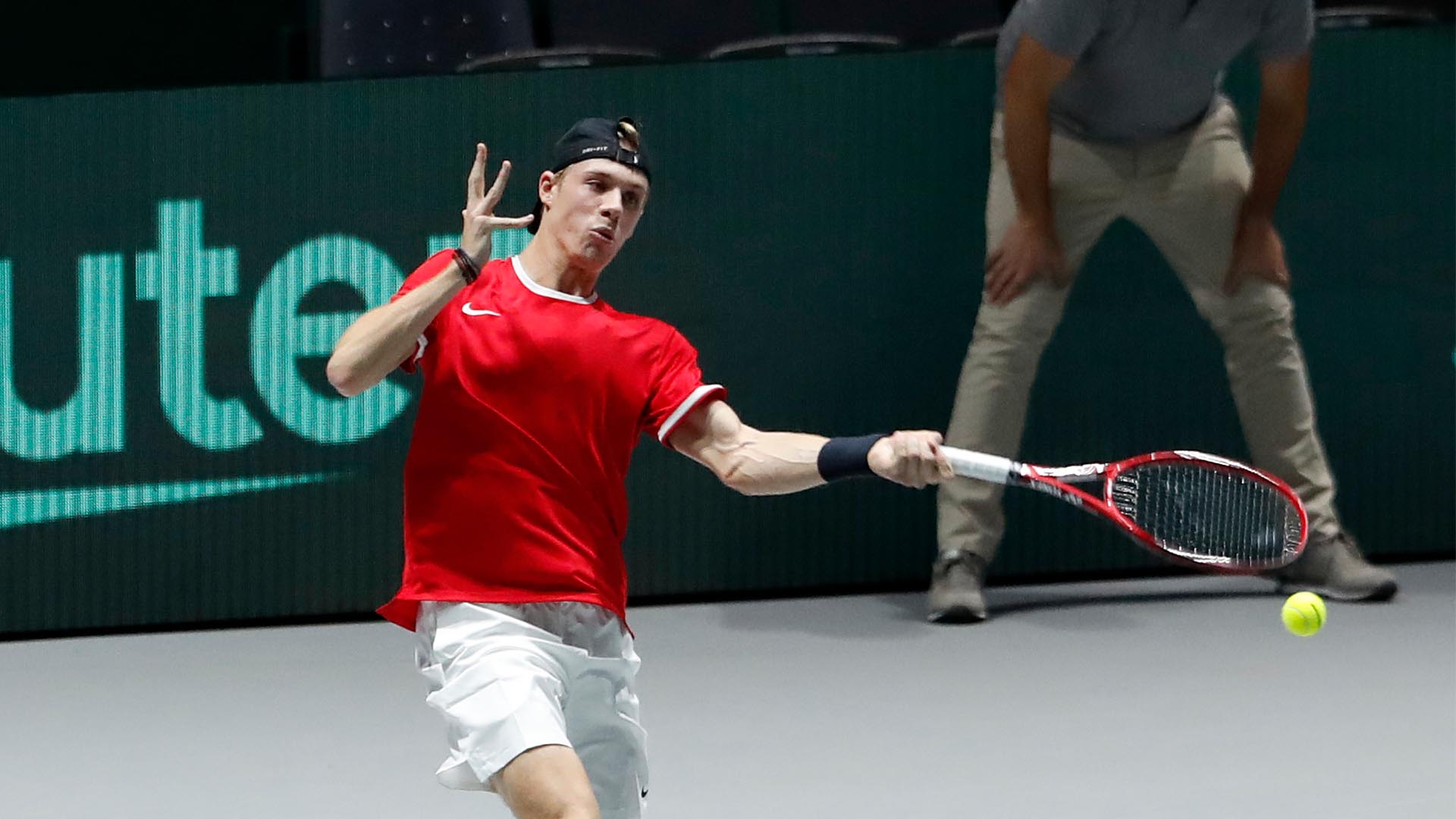
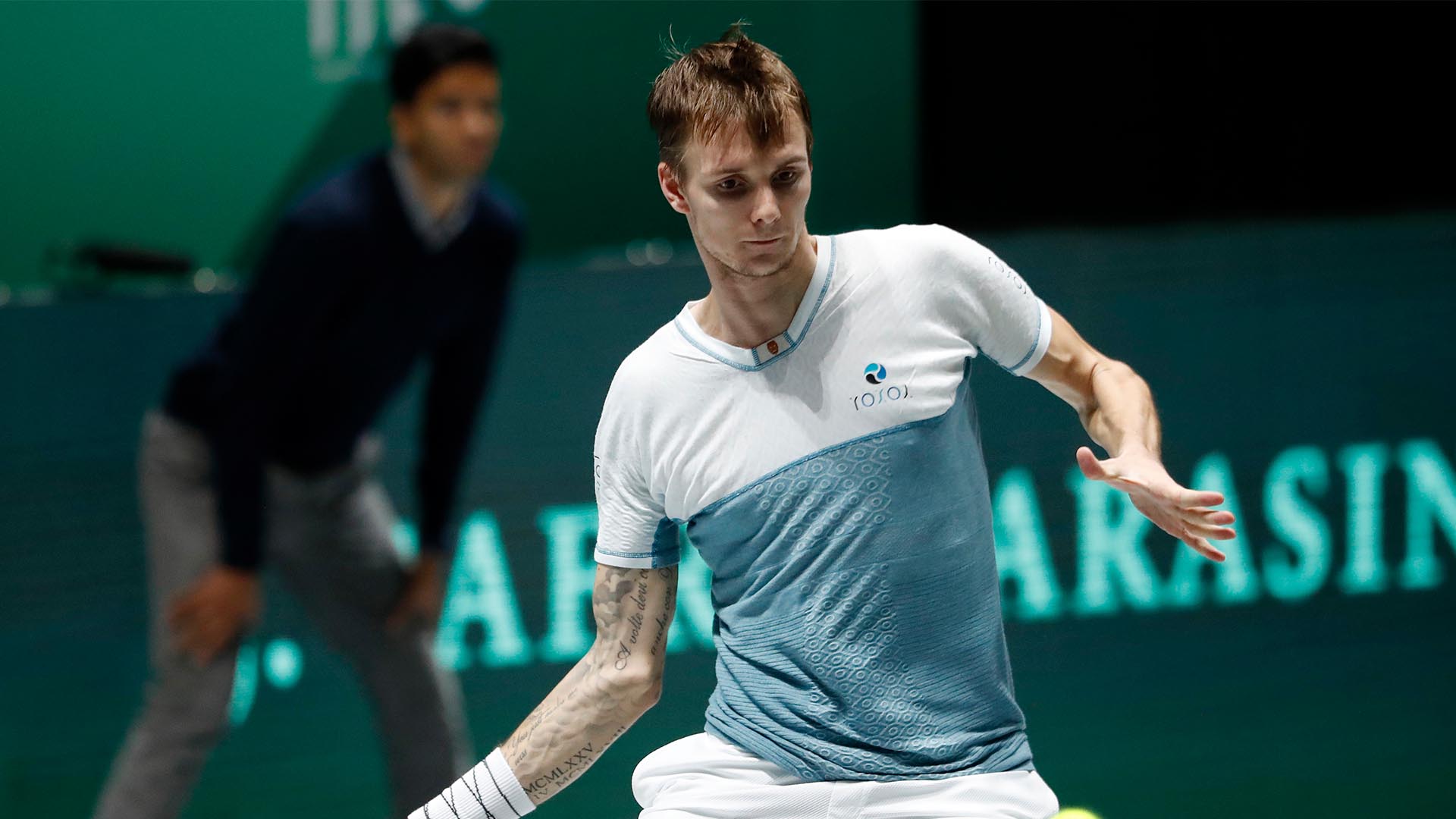
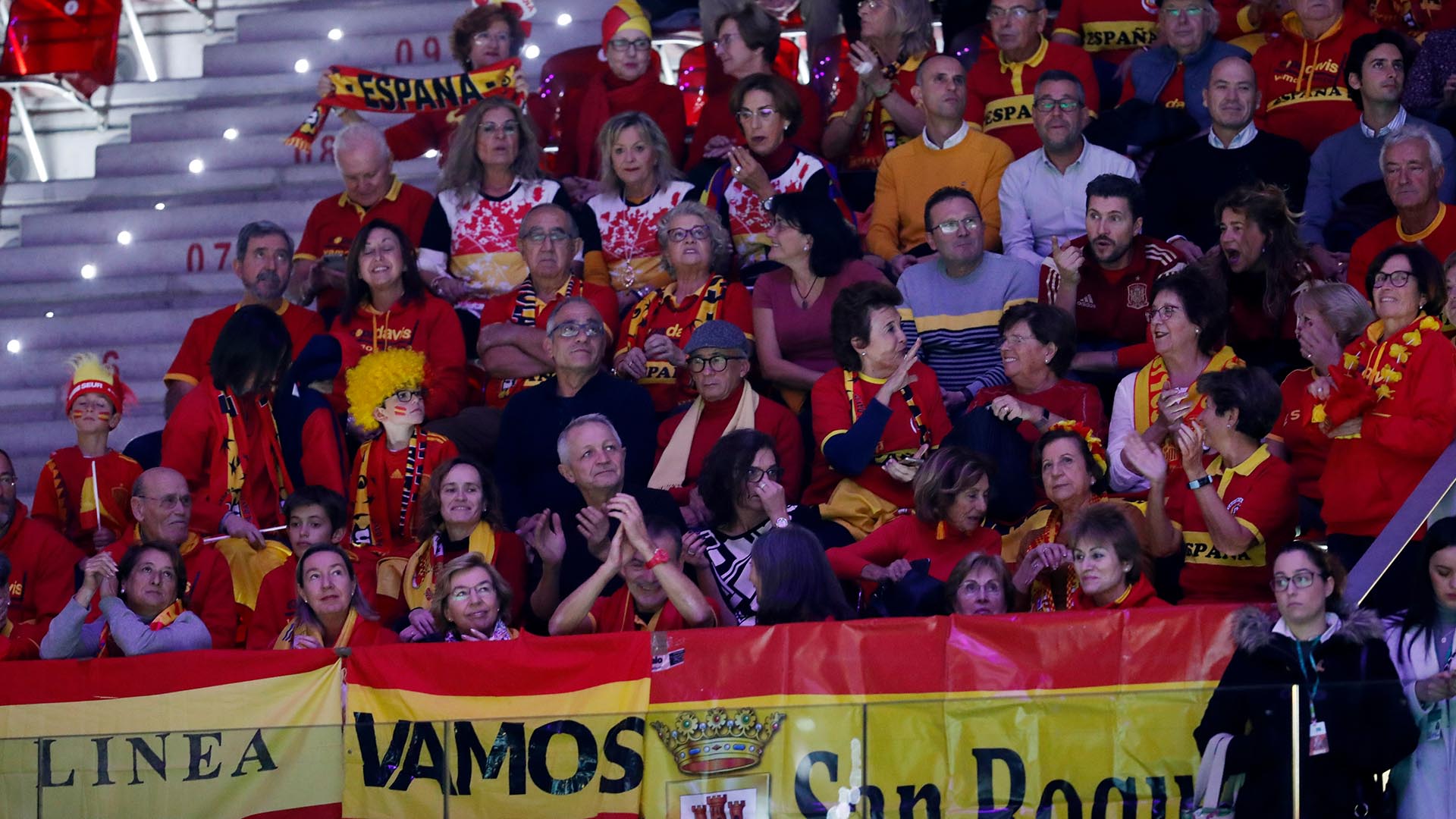
HOW DID YOU QUALIFY FOR THE FINALS?
18 nations compete. The four semi-finalists of 2019 (Spain, Russia, Canada and Great Britain), twelve who achieved their place in the qualifying rounds for 2020 (Ecuador, Kazakhstan, Sweden, Czech Republic, Croatia, Australia, Hungary, United States, Colombia, Italy , Germany and Austria) and two guests (Serbia and France).
WHERE IS IT DISPUTED
From only Madrid in 2019 it is expanded to three venues: Madrid (Madrid Arena), Innsbruck (Olympia-Halle) and Turin (Pala Alpitur Arena). The event runs from seven to eleven days. There is one session per day (4:00 p.m.) except on weekends when it is doubled (10:00 a.m. and 4:00 p.m.). Madrid hosts two groups, two quarter-finals, semi-finals and final. Innsbruck and Turin, two groups each and a quarter-final.
WHAT IS THE COMPETITION SYSTEM?
The 18 teams are divided into six groups of three in which they play all against all. Each day consists of two individual matches and one of doubles, the best of three sets and a tie-break in the last if necessary.
HOW DO THEY GO TO THE DIRECT QUESTS?
The six winners in each group and the best two runners-up (based on the number of sets and games) advance to the fourth. To tie the tie, the number of victories, the sets won and finally the games count. Then the championship continues with the semifinals and the final.
WHAT ARE THE ELIMINATORIES LIKE?
The first singles match is starred by the numbers 2 from each country. Then, the numbers one face to face and, closing, the double. One hour before, the captain must give the name of the ‘singlists’ and the doubles players must meet no later than ten minutes after the second singles.
HOW ARE THEY CLASSIFIED FOR 2022?
Next year, the Finals are reduced to 16 teams. The two finalists will automatically have a place. Between the 3rd and 18th they must play the qualifying rounds against the eight teams with the highest ranking winners of the World Group I qualifying rounds.
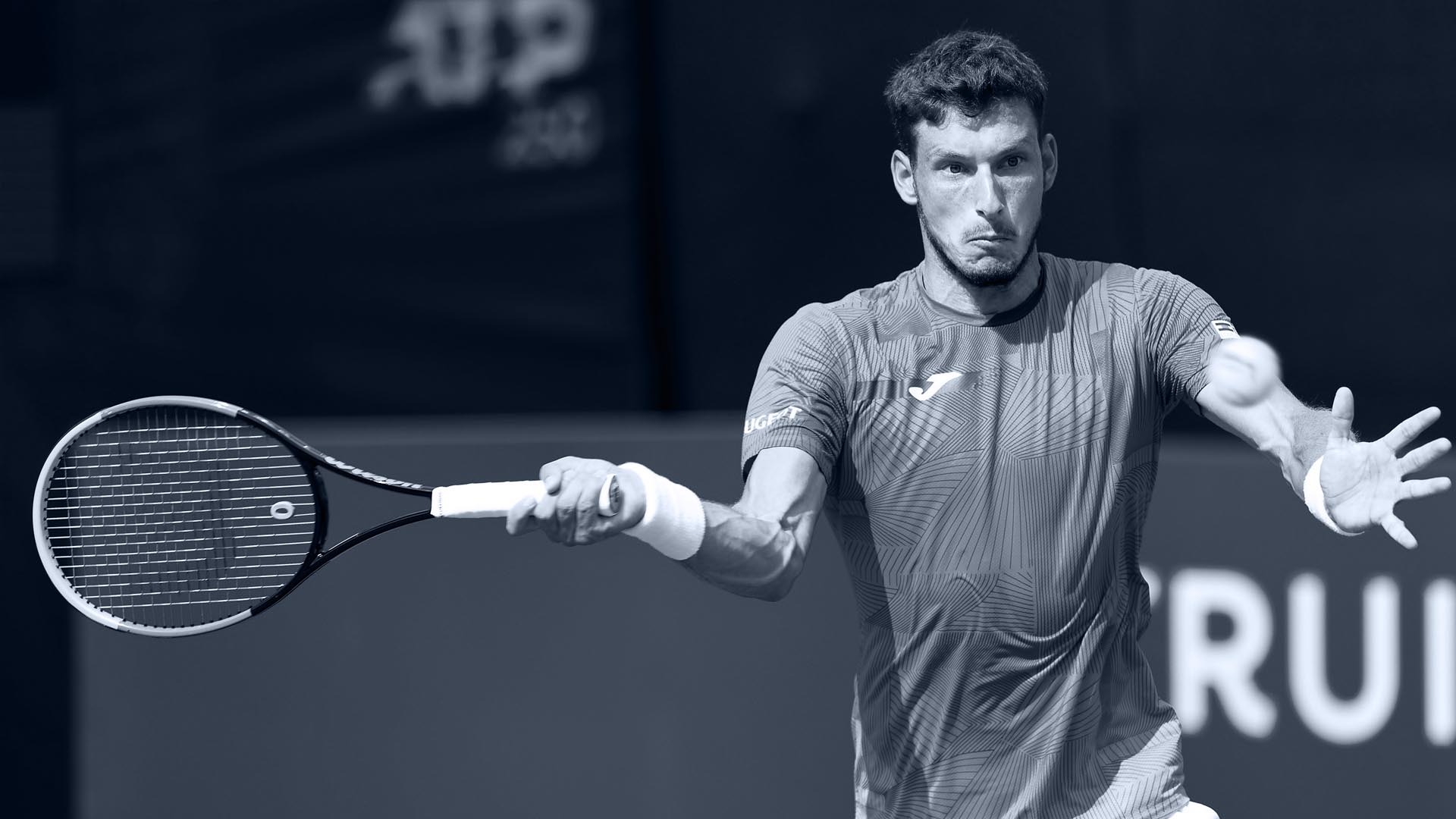
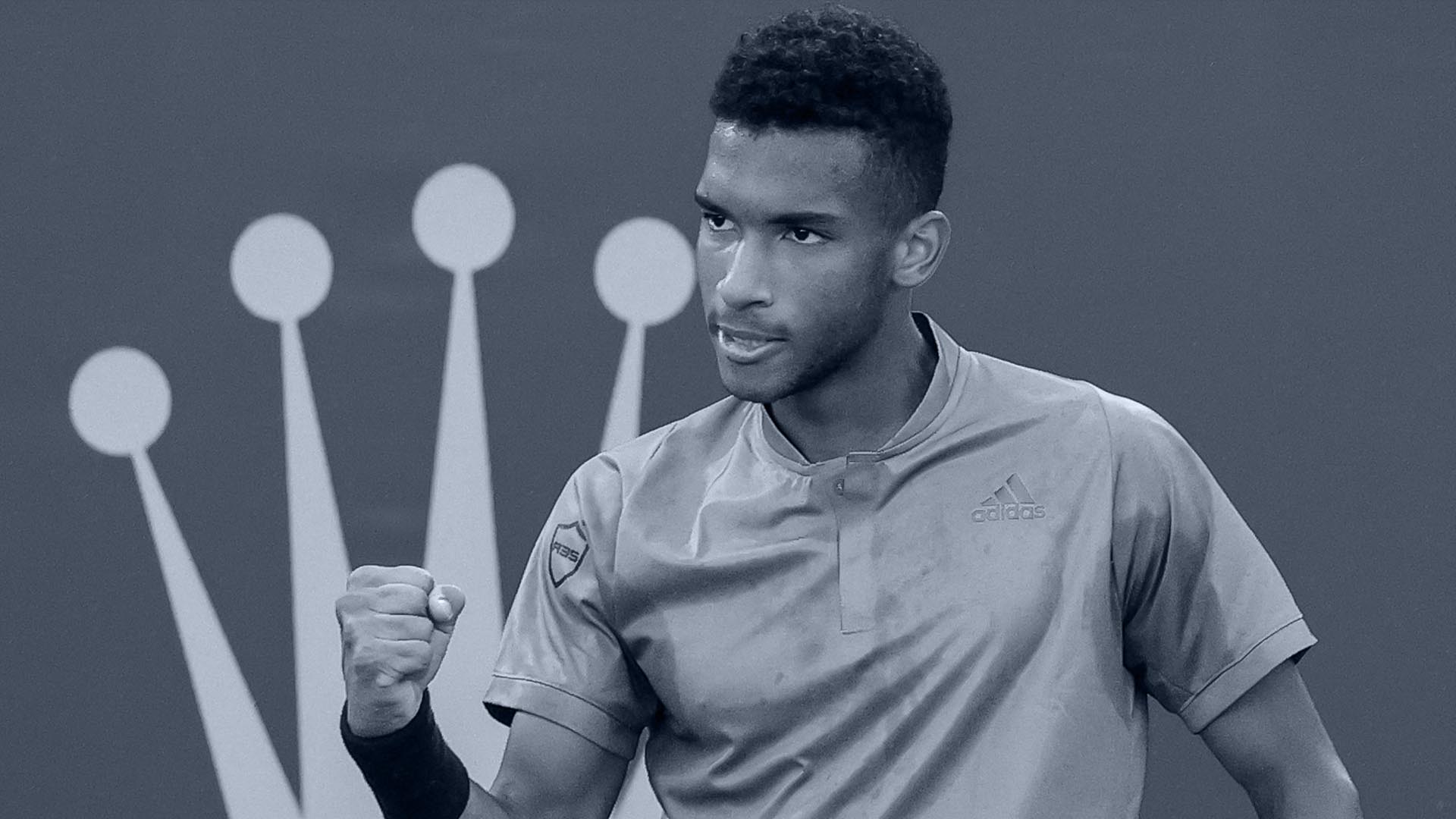
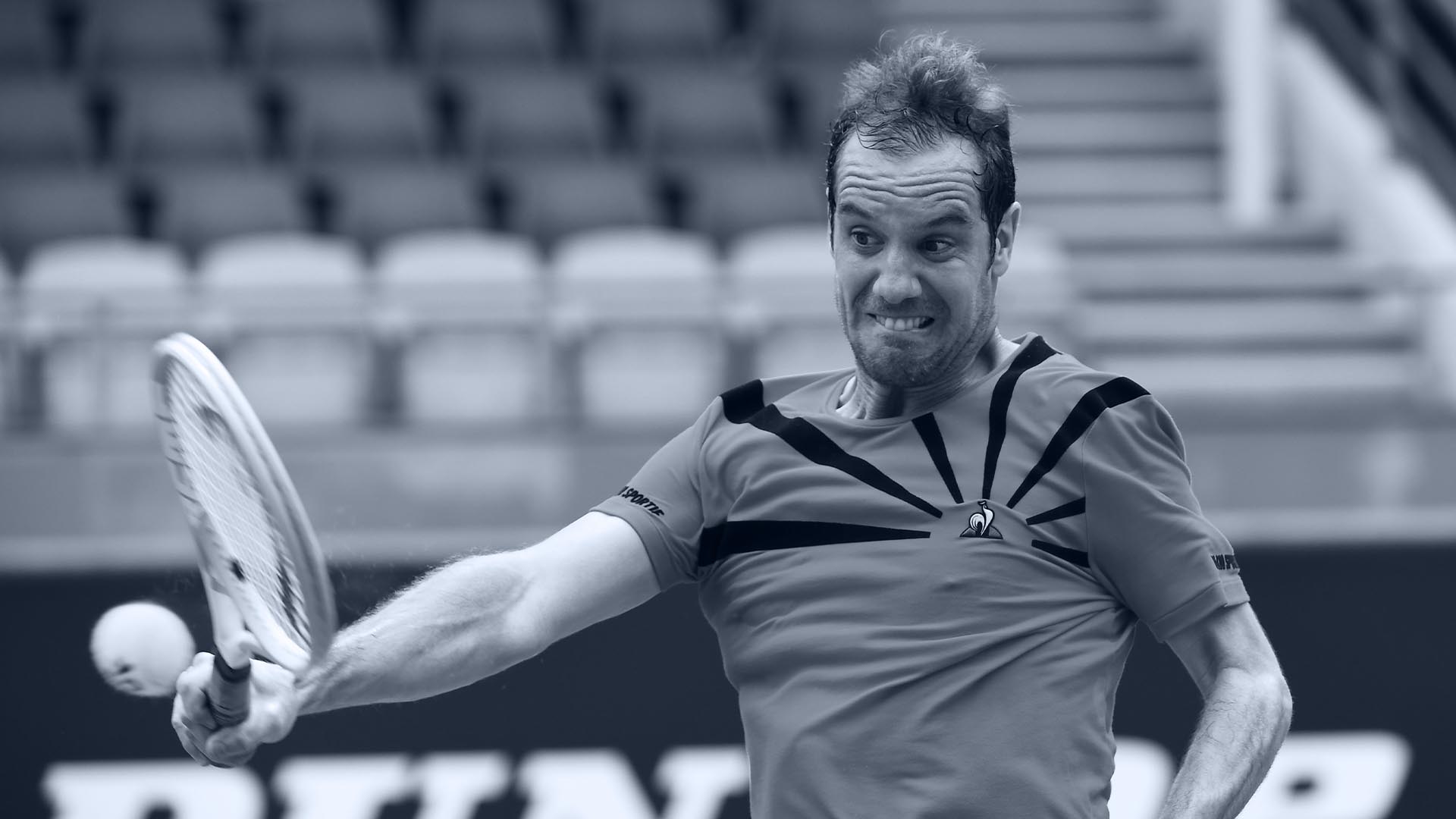
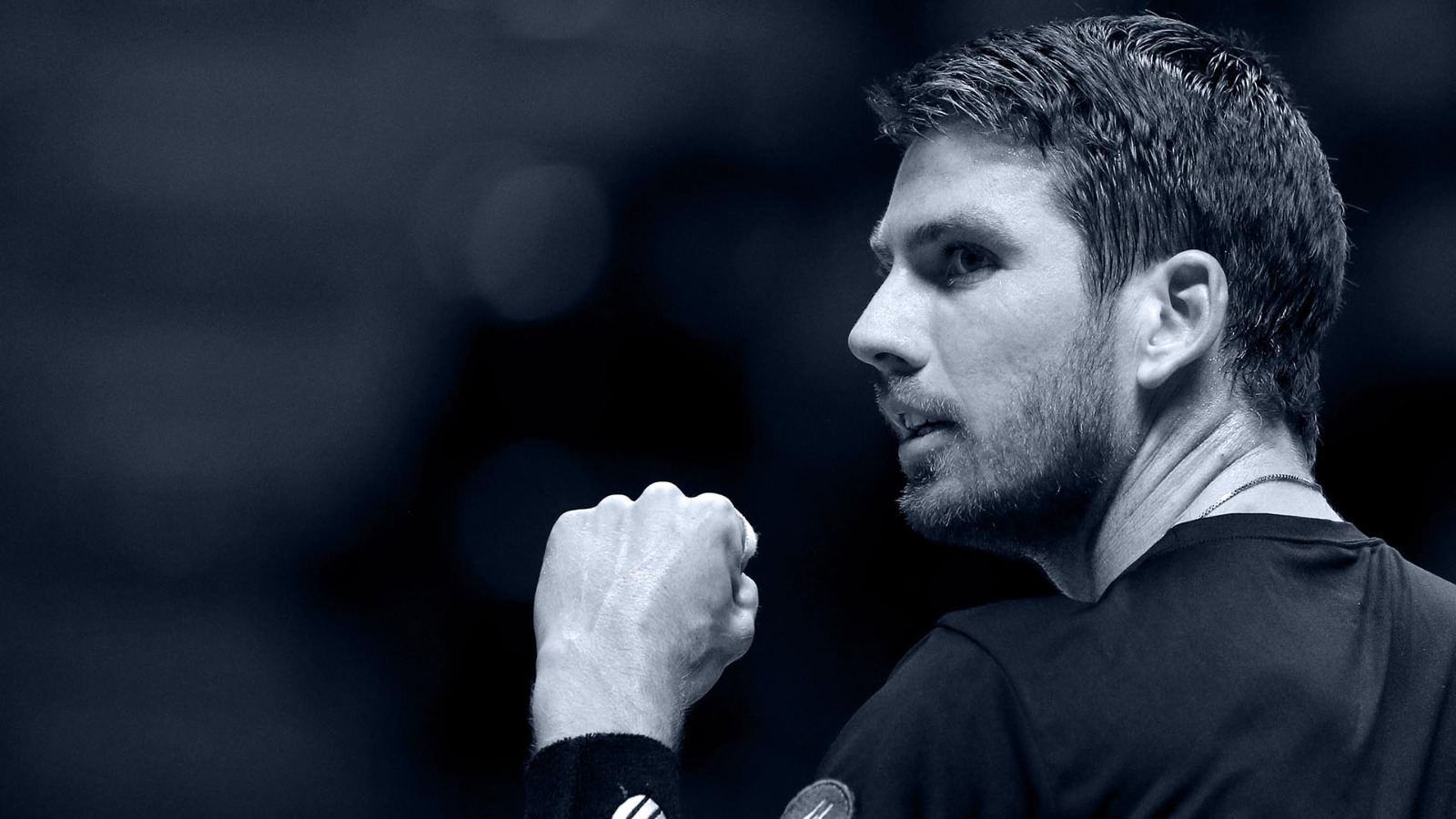
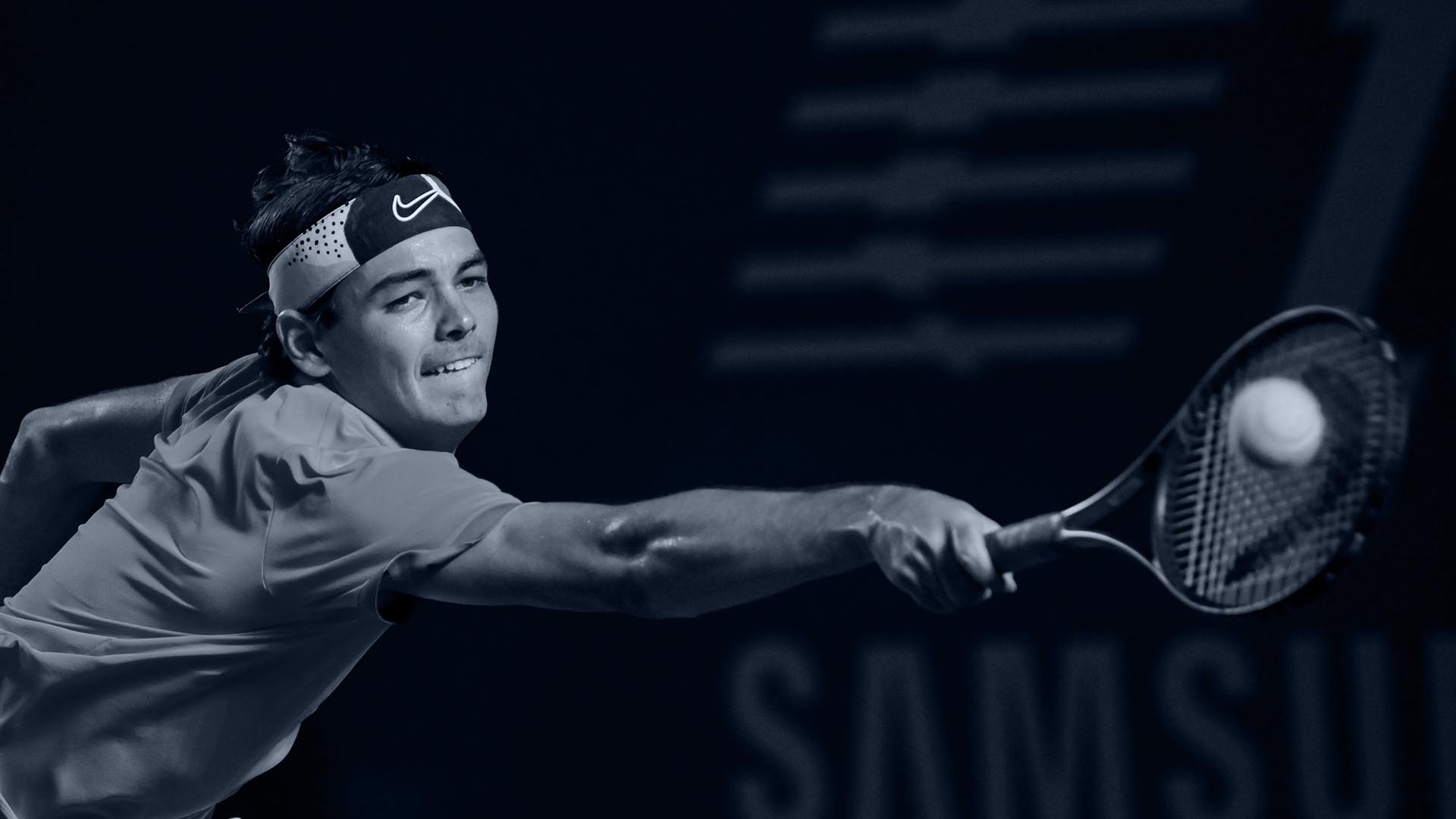
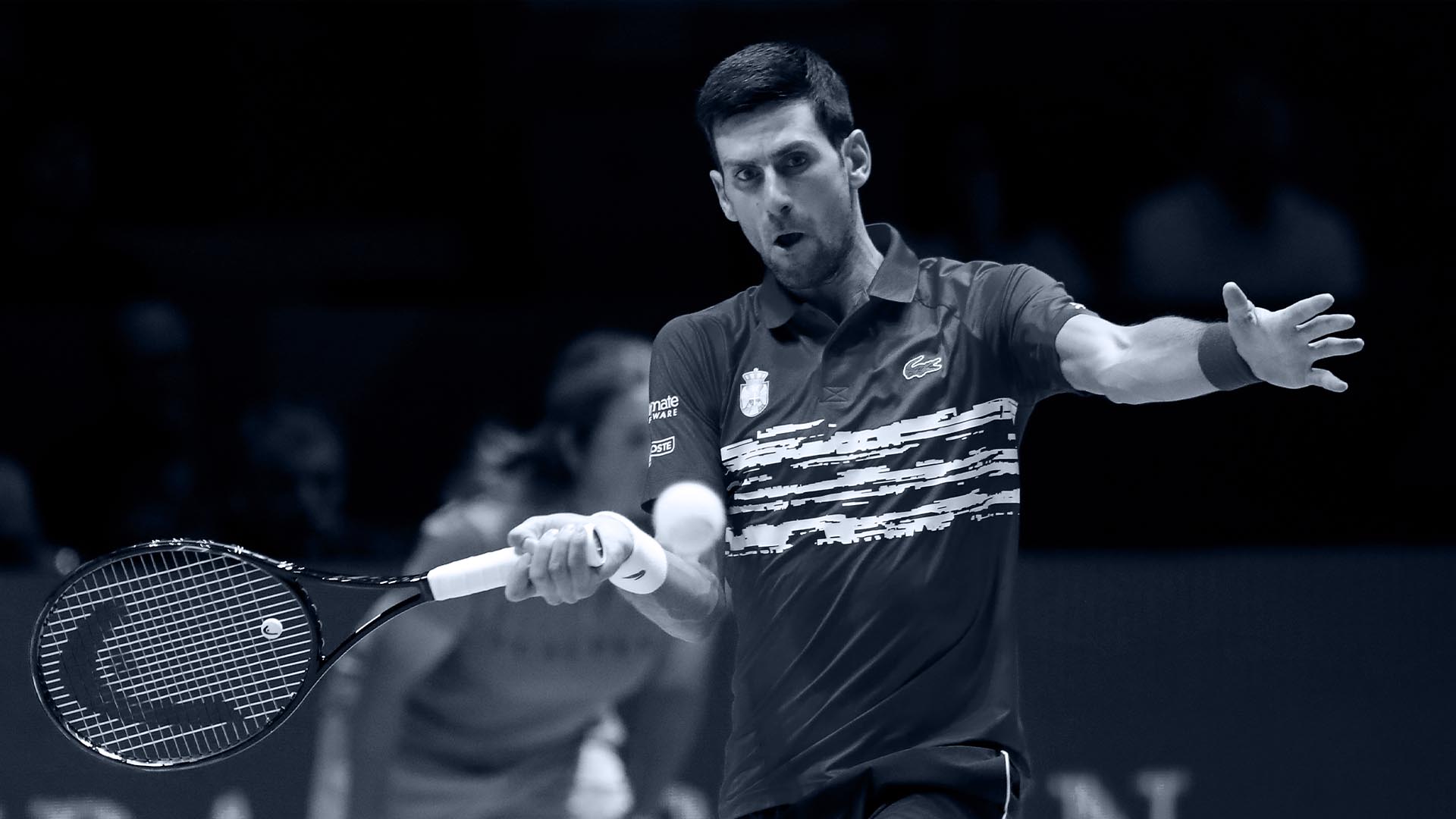
GROUP A (MADRID)
Spain: Pablo Carreño, Pedro Martínez, Albert Ramos, Feliciano López, Marcel Granollers
Russian Federation: Daniil Medvedev, Andrey Rublev, Aslan Karatsev, Karen Khachanov, Evgeny Donskoy
Ecuador: Emilio Gómez, Roberto Quiroz, Diego Hidalgo, Gonzalo Escobar, Cayetano March
GROUP B (MADRID)
Canada: Vasek Pospisil, Brayden Schnur, Steven Diez, Peter Polansky
Kazakhstan: Alexander Bublik, Mikhail Kukushkin, Dmitry Popko, Aleksandr Nedovyesov, Andrey Golubev
Sweden: Mikael Ymer, Elias Ymer, Jonathan Mridha, André Göransson
GROUP C (INNSBRUCK)
France: Arthur Rinderknech, Adrian Mannarino, Richard Gasquet, Pierre-Hughes Herbert, Nicolas Mahut
Great Britain: Cameron Norrie, Daniel Evans, Liam Broady, Jose Salisbury and Neal Skupski
Czech Republic: Jiri Vesely, Tomas Machac, Zdenek Kolar, Jiri Lehecka, Lukas Rosol
GROUP D (TURIN)
Croatia: Marin Cilic, Nino Serdasuri, Borna Gojo, Mate Pavic and Nikola Mektic
Australia: Alex de Minaur, John Millman, Jordan Thompson, Alexei Popyrin, John Peers
Hungary: Marton Fucsovics, Attila Balazs, Zsombor Piros, Fabian Marozsan, Mate Valkusz
GROUP E (TURIN)
United States: John Isner, Reilly Opelka, Frances Tiafoe, Jack Sock, Rajeev Ram
Italy: Jannik Sinner, Lorenzo Sonego, Fabio Fognini, Lorenzo Mussetti, Simone Bolelli
Colombia: Daniel Galán, Nicolás Mejía, Juan Sebastián Cabal, Robert Farah
GROUP F (INNSBRUCK)
Serbia: Novak Djokovic, Dusan Lajovic, Filip Krajinovic, Miomir Kecmanovic, Nikola Cacic
Germany: Jan Lennard Struff, Dominik Koepfer, Peter Gojowczyk, Kevin Krawietz, Tim Pütz
Austria: Dennis Novak, Jurij Rodionov, Gerald Melzer, Oliver Marach, Philipp Oswald
Novak Djokovic is the dazzling star of the Davis Cup. He will lead a Serbia who were already champions with him in 2010 in Belgrade and then lost another final in 2013 at home against the Czech Republic. He arrives wounded by the defeats in the Tokyo Games where he was looking for gold and came without a medal, the US Open against Medvedev that prevented him from completing the Grand Slam and in the semifinals of the recent Masters Cup against Zverev. But he has closed year number one for the seventh time and the competition for countries motivates him. “I like the way I’m playing and I look good for Davis. It doesn’t depend only on me, but I trust that the boys are healthy and motivated. I’m going to play for my country,” he said.
Medvedev and Rublev’s Russia is scary. Canada takes off on the horn casualties of Felix Auger-Aliassime and Denis Shapovalov, who mixed so well in 2019 to reach the final. Sinner and Musetti’s renewed Italy is exciting. A Great Britain without Murray but with a Cameron Norrie (12th) who has been uncovered. And the always competitive Croatia, France or Australia ensure strong emotions.
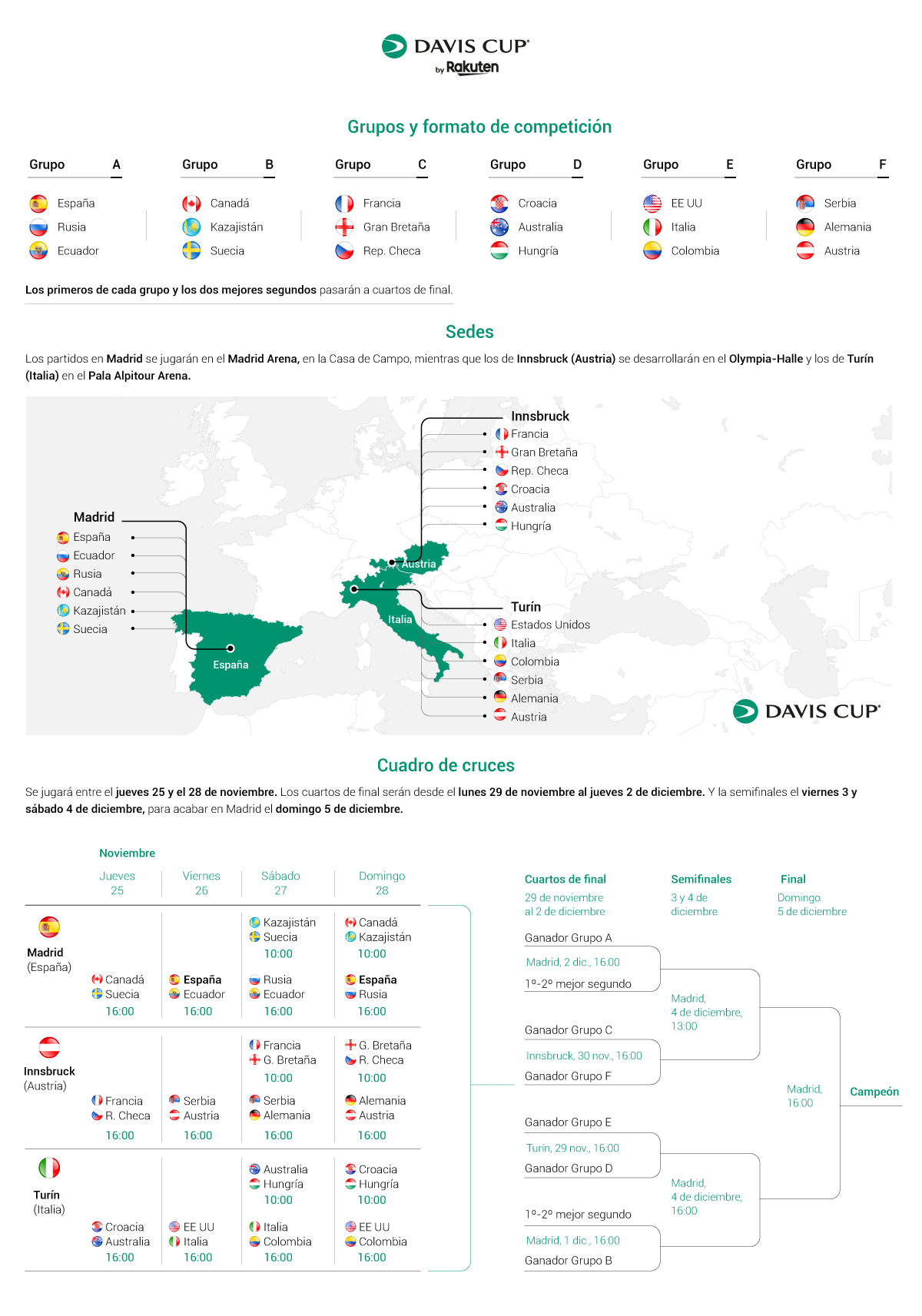
Davis Cup 2021 competition system.
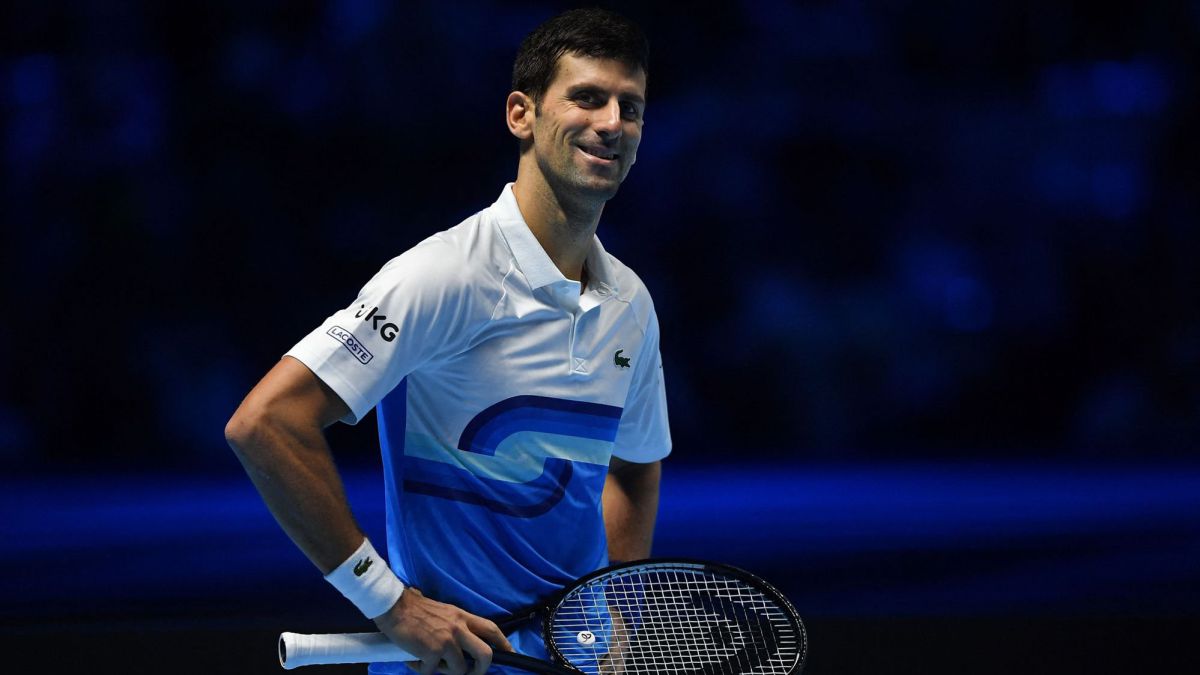

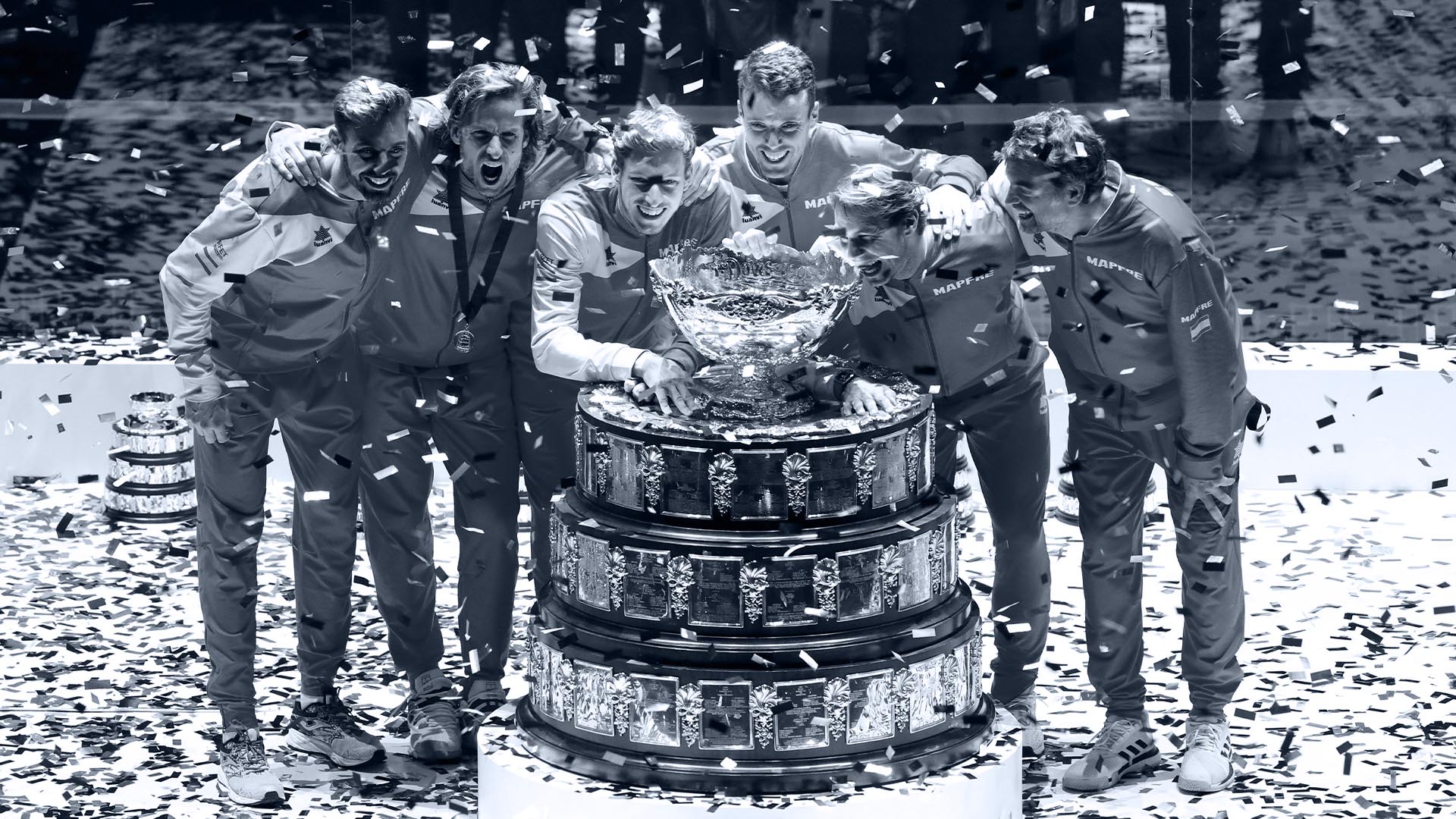
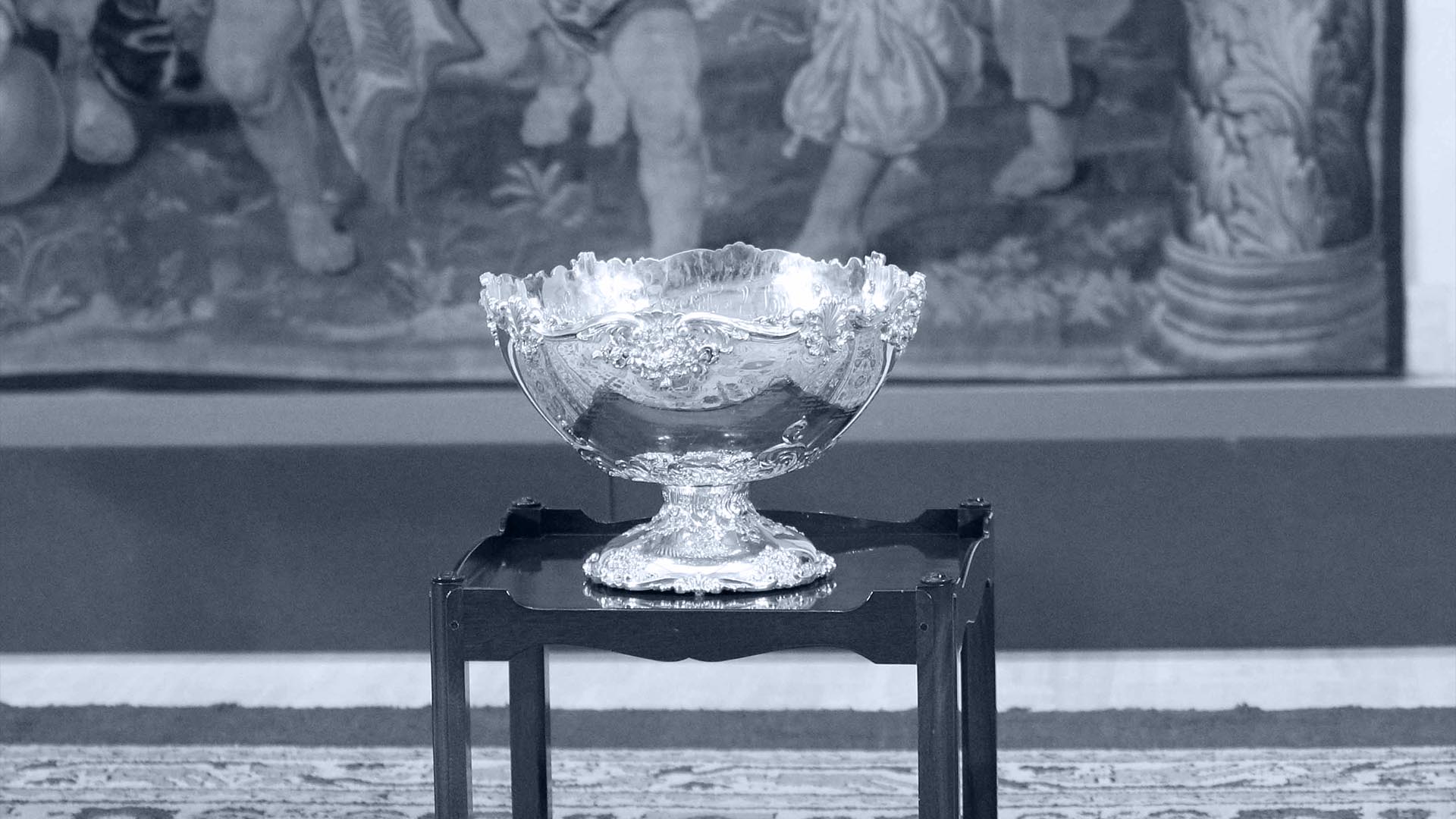
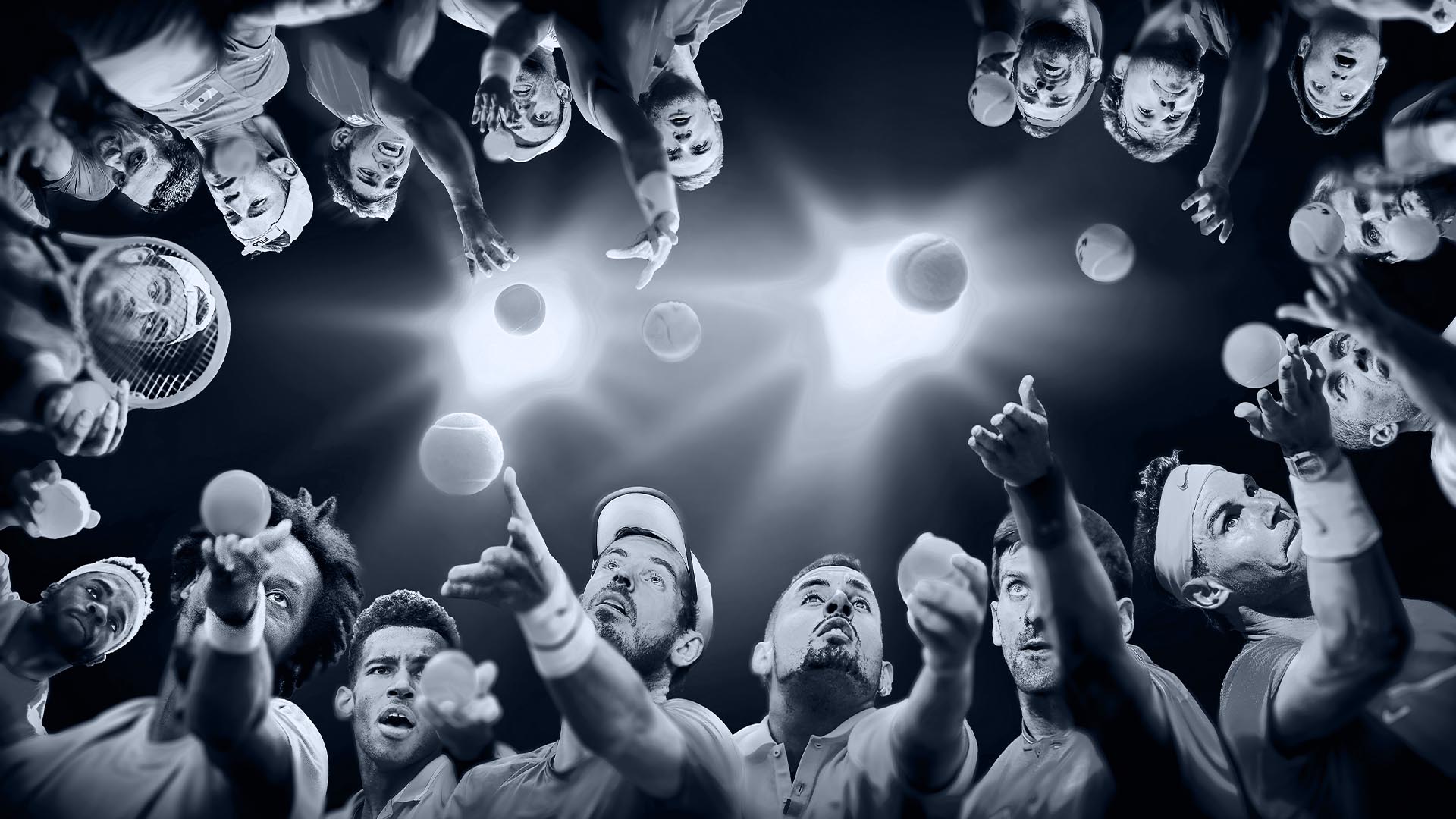
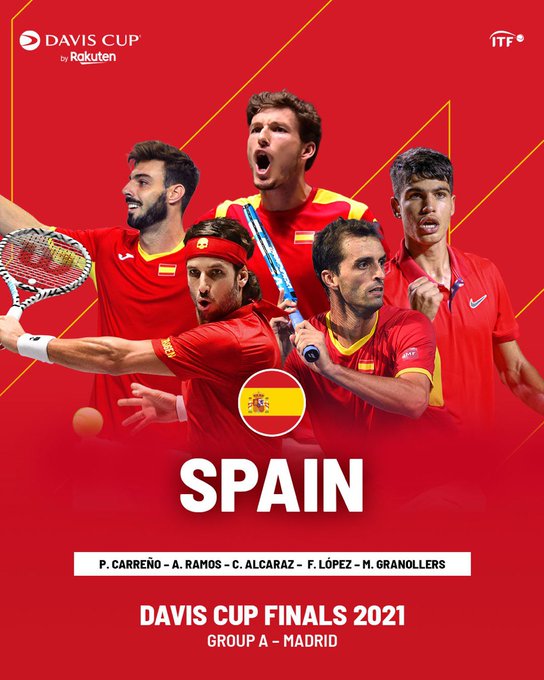

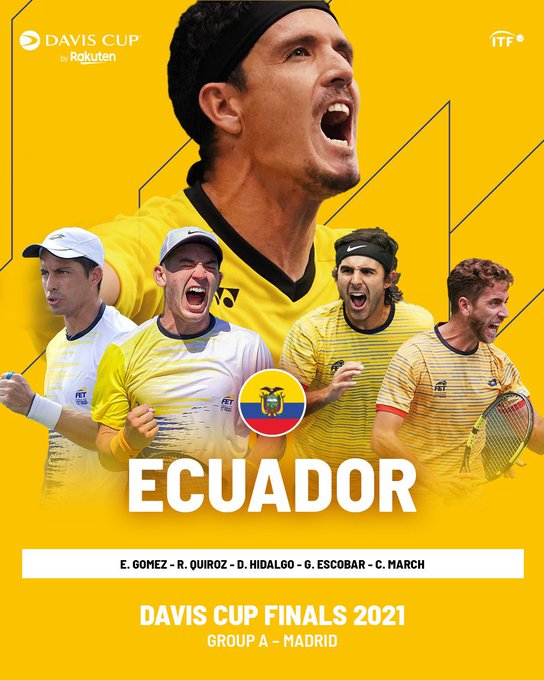
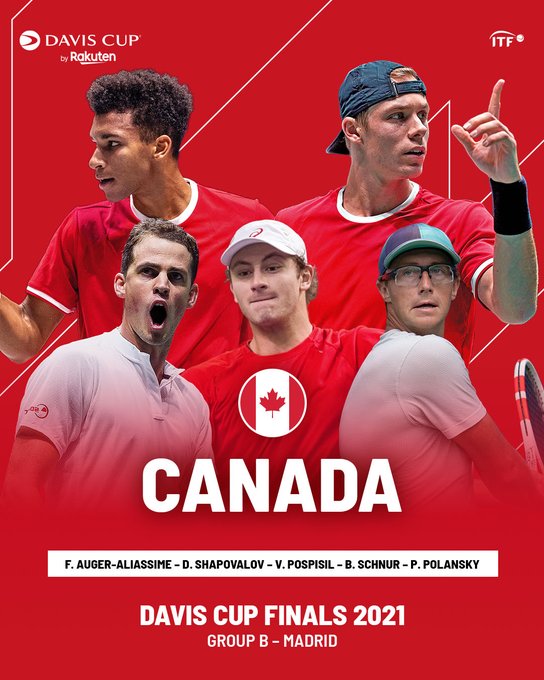
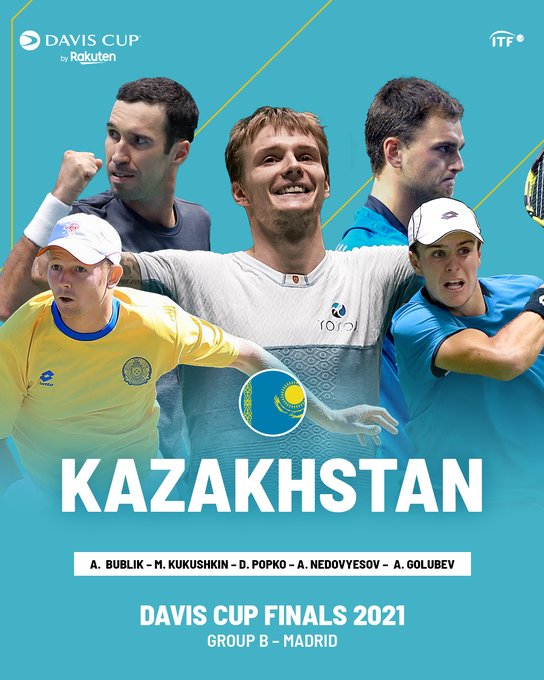
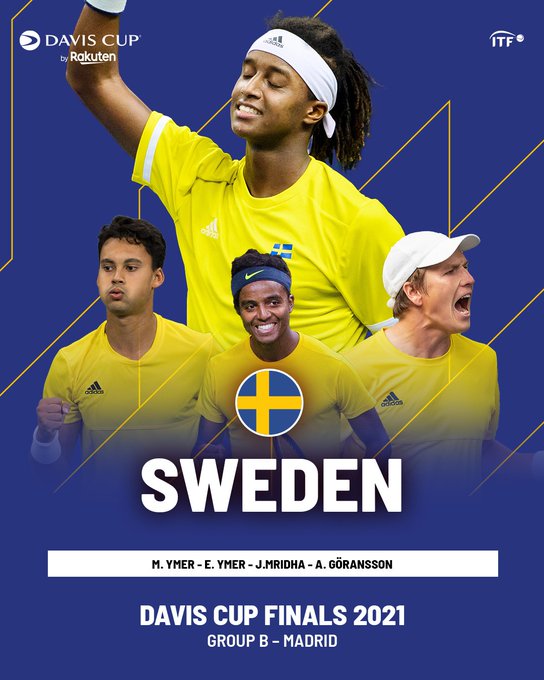
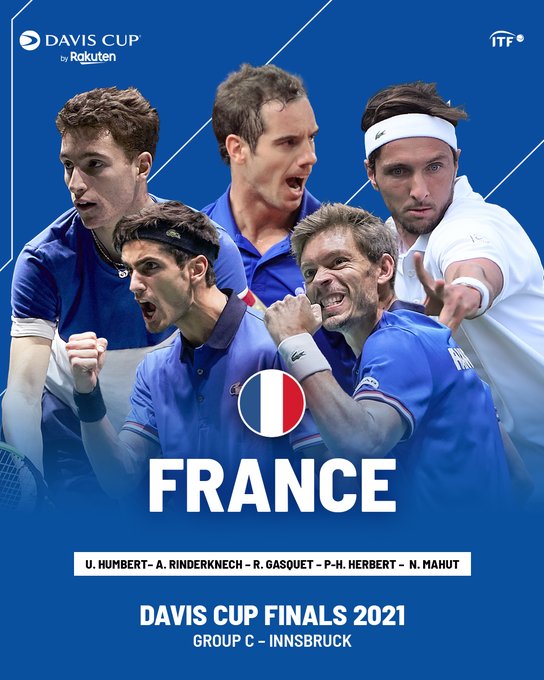
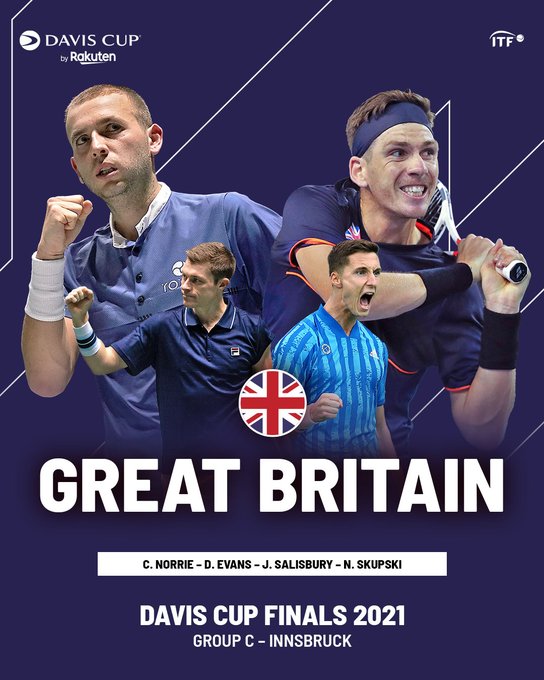
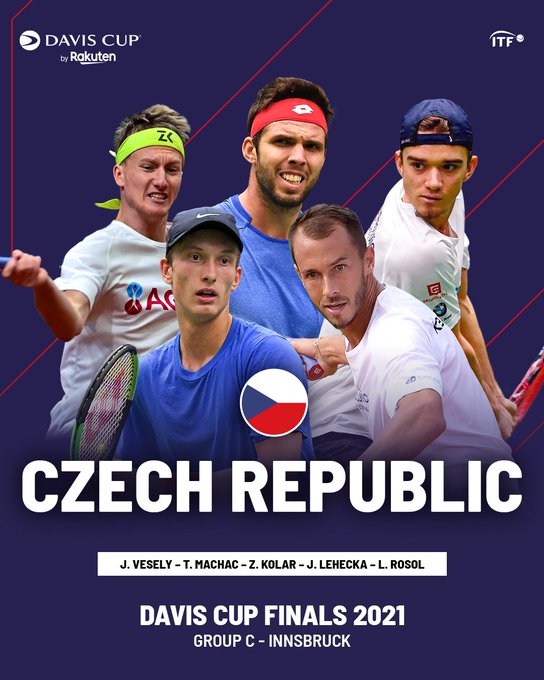
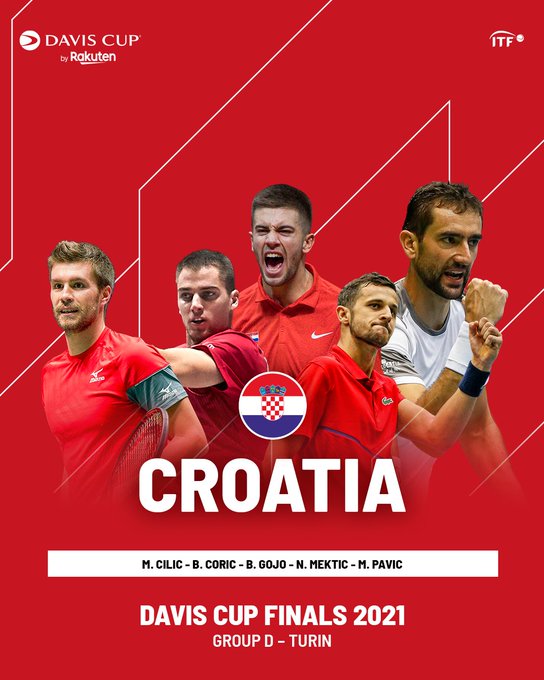
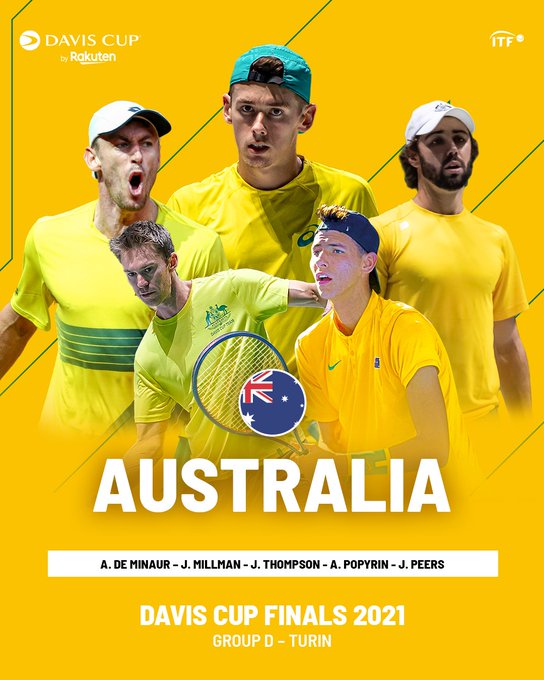
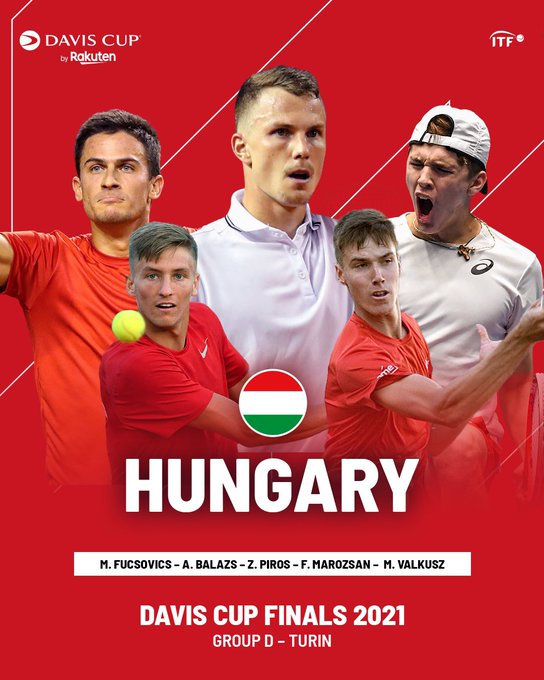
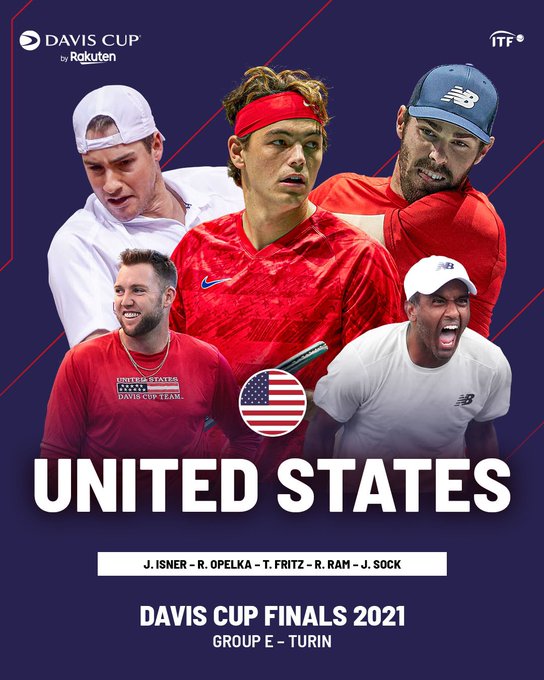
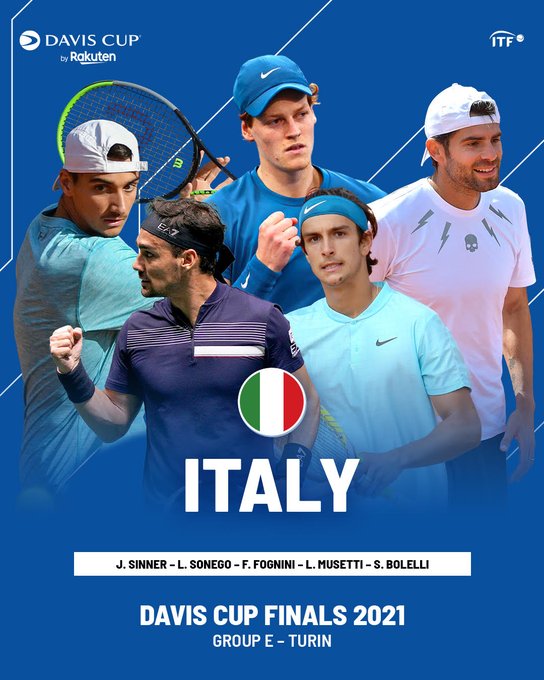
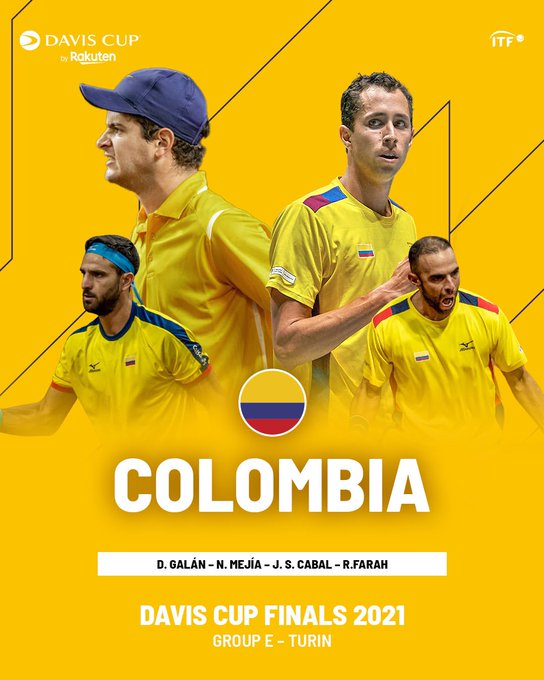

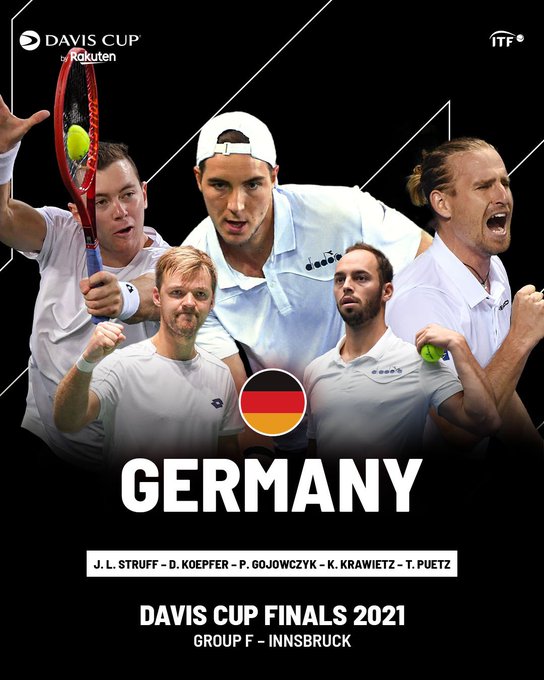
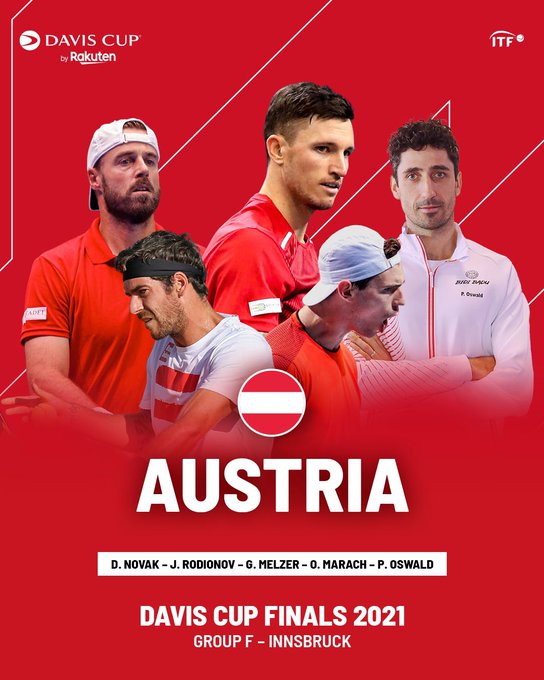
 USA
USA Australia
Australia France
France Britain
Britain Sweden
Sweden Spain
Spain Germany
Germany Czech Republic
Czech Republic Russia
Russia Croatia
Croatia Italy
Italy Argentina
Argentina Serbia
Serbia Switzerland
Switzerland South Africa
South Africa